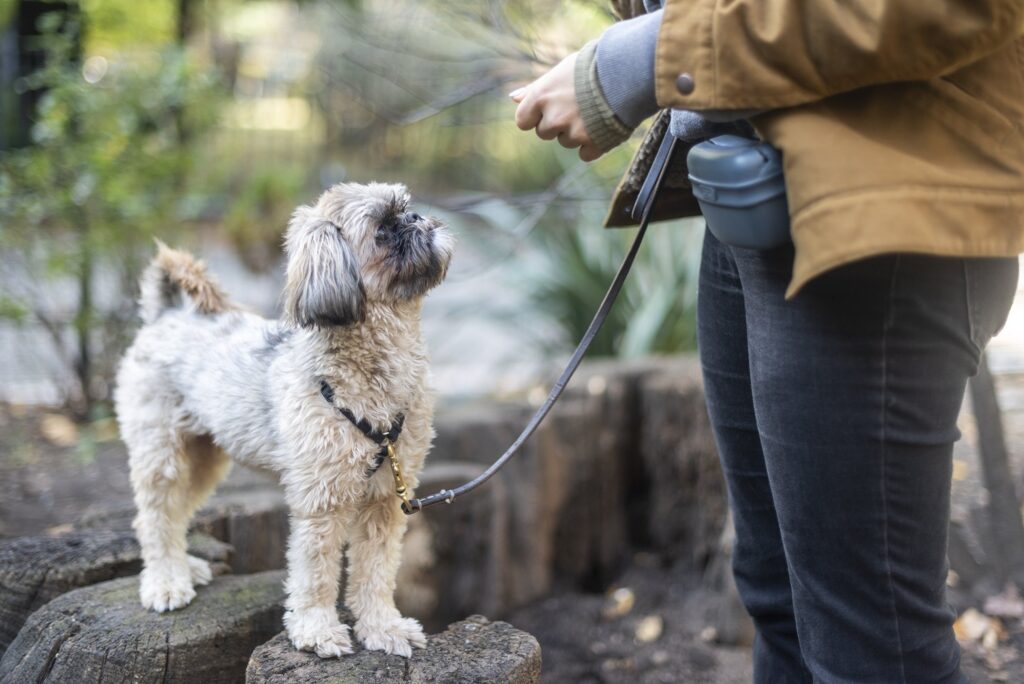
Master the Art of Canine Communication - Dogn Pooch
Are you dealing with a dog that barks excessively or struggles to follow your commands? At Dogn Pooch, we understand the importance of effective communication with your furry friend. Whether you want to train your dog to bark on command or stop unwanted barking, we’ve got you covered.
Training Your Dog to Bark On Command
Training your dog to bark on command can be a fun and useful skill. Here’s a step-by-step guide on how to achieve it:
Step 1: Choose a Command Word
Select a specific command word or phrase that you want to use when instructing your dog to bark. It could be something simple like "speak" or "bark."
Step 2: Associate the Command with Barking
Every time your dog naturally barks, say the chosen command word and immediately reward them with a treat or affection. Consistency is key here.
Step 3: Practice and Reinforce
Repeat the process multiple times over several training sessions. Encourage your dog to bark on command by repeating the word and offering rewards. Soon, your dog will learn to associate the command with barking.
Step 4: Maintain Consistency
Once your dog responds consistently to the command, you can add some variation by introducing different tones or pitches to the command word. This helps your dog understand when you want them to bark and when you don't.
Training your dog to bark on command is an engaging and entertaining way to enhance your communication and strengthen your bond with your pet.
How to Get Your Dog to Stop Barking
Excessive barking can be a nuisance for both you and your neighbors. If you’re wondering how to get your dog to stop barking, follow these effective strategies:
1. Identify the Triggers
Understanding what prompts your dog to bark excessively is crucial. Common triggers include strangers, other animals, boredom, or anxiety. Once you've identified the cause, you can address it more effectively.
2. Positive Reinforcement
Reward your dog for being quiet and calm. When they stop barking on command or of their own accord, offer treats or praise. This positive reinforcement helps them associate silence with rewards.
3. Provide Mental and Physical Stimulation
Many dogs bark out of boredom or excess energy. Ensure your dog gets enough mental and physical exercise. Interactive toys, daily walks, and mental challenges can keep them occupied and less prone to barking.
4. Obedience Training
Enroll your dog in obedience training classes. This not only helps control barking but also strengthens your dog's overall discipline and responsiveness to your commands.
5. Seek Professional Help
If your dog's barking problem persists or is causing significant issues, consider consulting a professional dog trainer or behaviorist. They can provide tailored solutions for your specific situation.
Stop Your Dog's Barking - Dogn Pooch's Expertise
At Dogn Pooch, we specialize in dog training and behavior modification. Our experienced trainers are dedicated to helping you stop your dog’s barking and improving your overall communication with your pet.
With patience, consistency, and expert guidance, you can teach your dog when to bark on command and when to remain quiet. Contact Dogn Pooch today for personalized solutions to your dog’s barking issues. Our team is ready to help you build a harmonious and bark-free relationship with your beloved canine companion.

